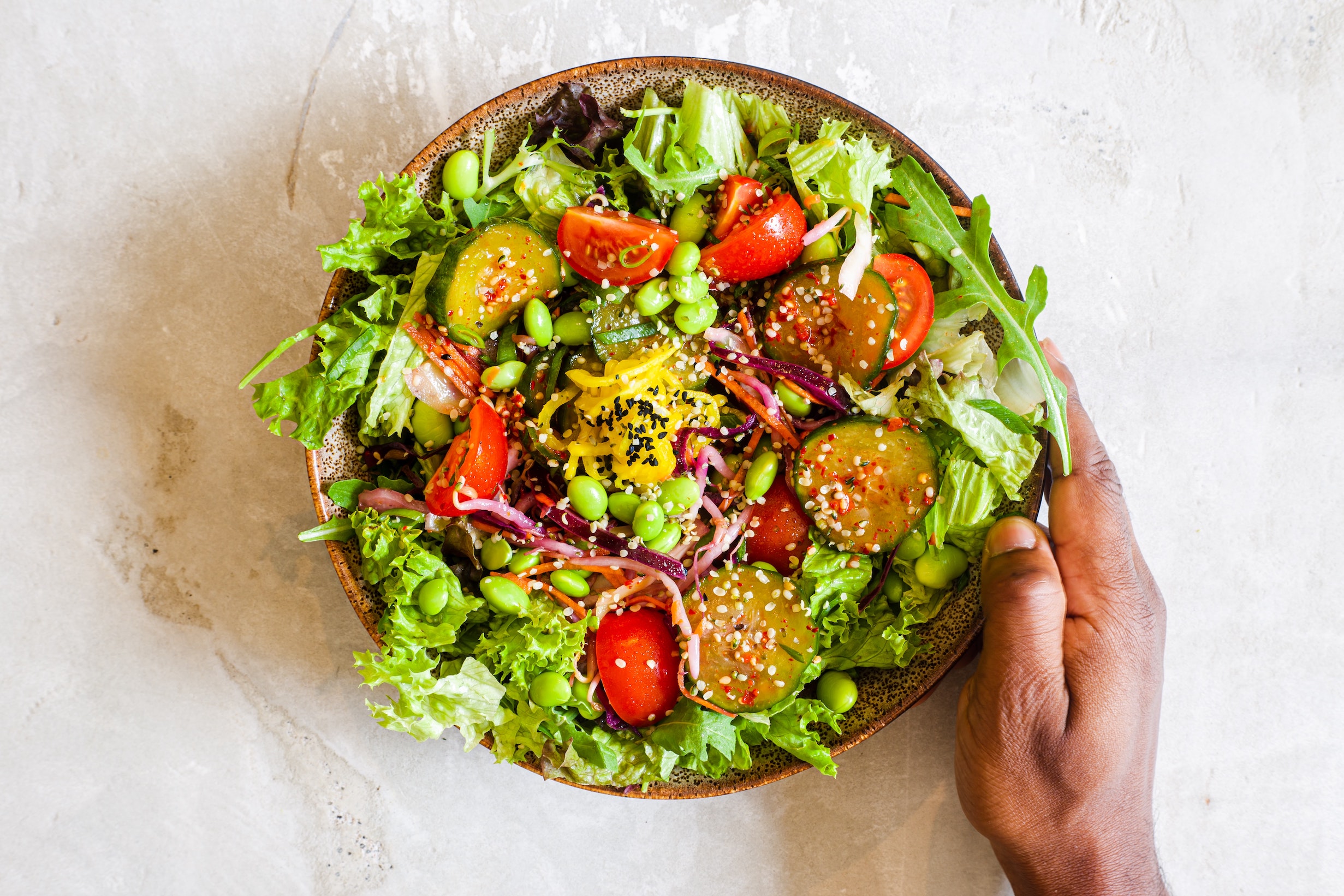Some people get fearful when they hear the word sustainability, feeling that it’s too difficult, costly, and requires too much time. However, as we’ve shown in lots of previous articles, living sustainably doesn’t require huge amounts of money or even extreme diet changes, it simply requires a person to make small decisions to impact the planet in a meaningful way.
Three ways that provide large benefits with small sacrifices are buying locally, reducing one’s meat consumption, and reusing and reducing plastic items. Through integrating these practices into everyday life, the environment can be vastly improved for future generations. We’ll take a closer look at each of these activities and give some practical tips.
Buying Locally
Purchasing your food locally, looks very different depending upon the resources available to a person within the area they live. Eating locally could mean buying your food within a certain state or within a specific mileage. Another benefit to buying local, is supporting nearby farmers and purchasing your food closer to home also cuts down on the processing time it takes to transport food. The transportation costs that occur when someone ships food is excessive, but there is also significant amount of energy used when refrigerating food that occurs. According to Danielle Vogel, a sustainability expert, refrigeration is extremely carbon intense. When describing the amount of energy it requires she has said that refrigeration is, “12,000 times more carbon-intensive than CO2,” says Vogel.
Cutting Your Meat Intake
There’s plenty of stories in mainstream news that meat consumption and our modern raising methods aren’t good for the environment. The livestock industry contributes to more greenhouses gasses than all forms of transportation combined. Much of the grain that is produced today does not go to feeding human beings, but rather goes to feeding livestock for slaughter and human consumption. There is also a large amount of fresh water that goes into preparing 1kg of meat as compared to 1kg of plants.
In order to produce 1kg of beef there is 15,415 litres of water required to produce it. In contrast, it takes a mere 287 litres of water to produce 1kg of potatoes. By cutting back on one’s meat intake and incorporating more plant-based foods, a person can save lots of fresh water. This can be accomplished by participating in Meat Free Week or Meat Free Monday, in which you challenge yourself to a completely meat free week and then ongoing one day a week is completely vegetarian. Additionally, meat tends to have a significant amount of saturated fat and cholesterol, so reducing your meat consumption could also benefit one’s heath.
Reusing and Reducing Your Plastic Usage
Sometimes it feels that avoiding a plastic bag or bottle may not make a difference, however, small efforts add up over time. The latest quote to do the rounds is “It’s only one straw, said 8 billion people”. An article from Time Magazine stated, “If you started using reusable bags exclusively starting at age 25, you could save more than 21,000 plastic bags in your lifetime. Point being: sustainable eating doesn’t have to be hard, and it also doesn’t have to be all-or-nothing. A single change can make a difference.” Plastic water bottles also present a significant amount of waste. A study done by Harvard University found that over 86% of plastic water bottles end up in the garbage or as litter on the streets. Additionally, cutting the amount of water bottles one buys puts money back in your wallet. Compared to tap water, plastic water bottles are about 1,000 times more expensive.
Through buying locally, reducing meat consumption, and reusing and reducing plastic usage, a person can make the world a more beautiful and clean place. Living more sustainably doesn’t require tons of time or money, but rather a genuine effort to make sure small actions leave the world better for future generations.
